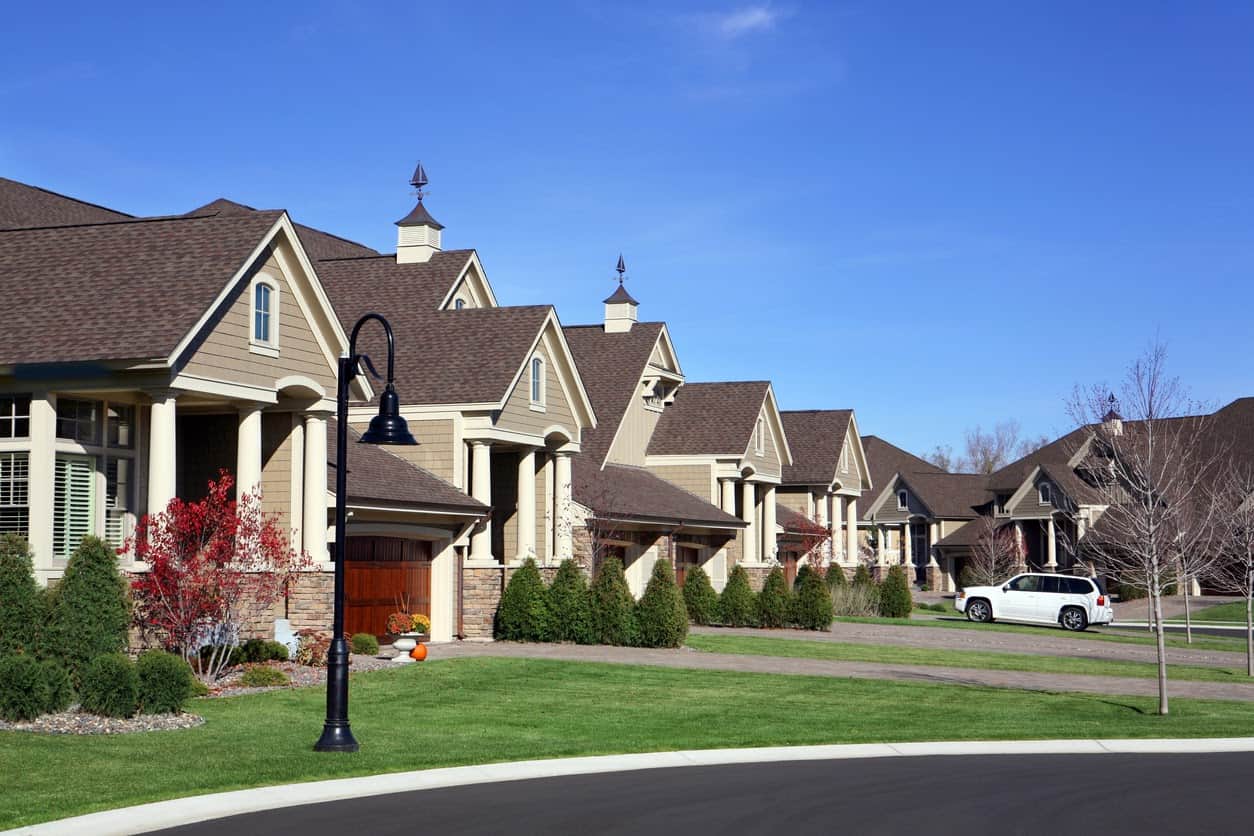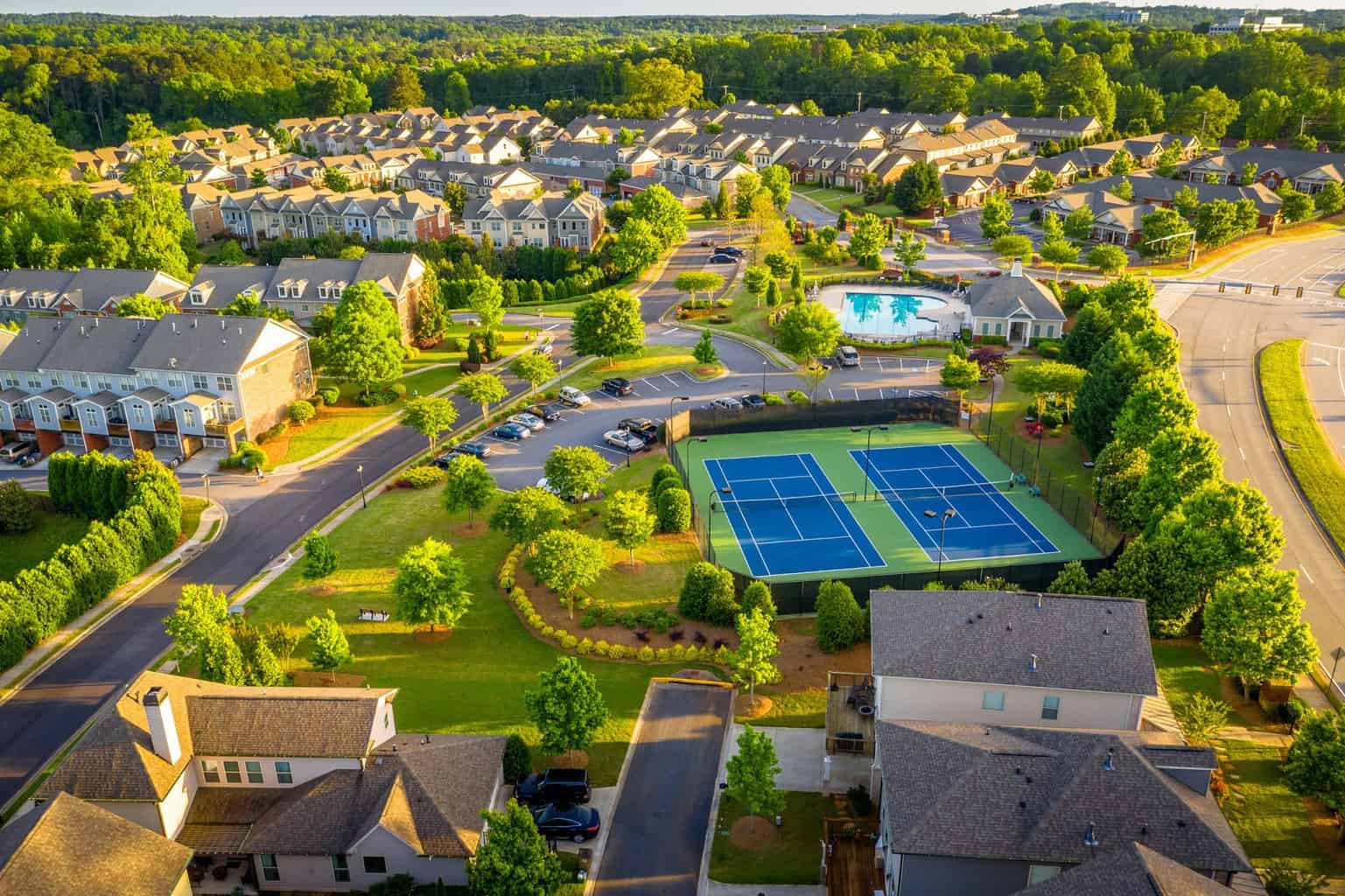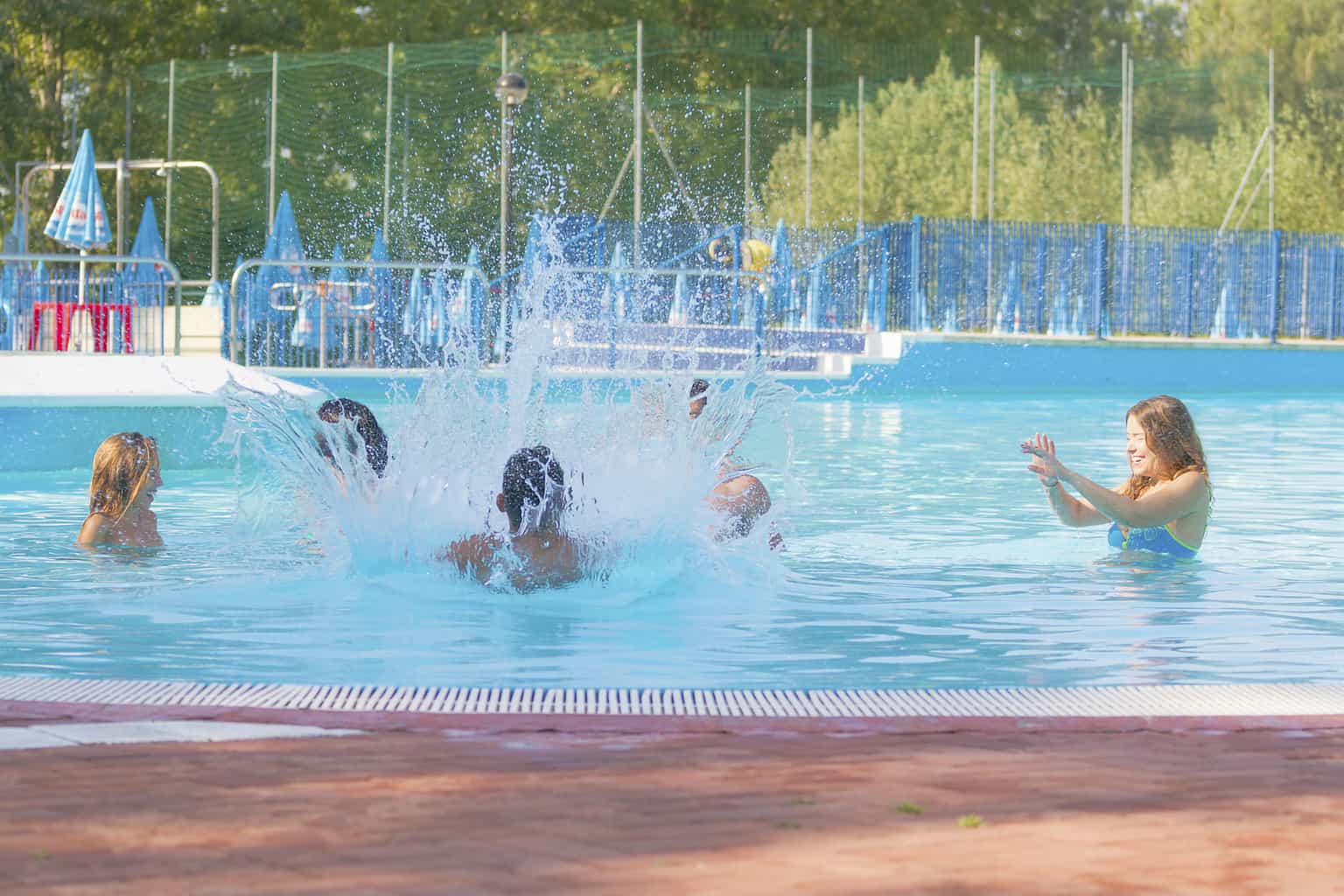Does My HOA Need a Management Company?
For HOAs in the area of Aurora, Colorado, one of the most important decisions they are faced with is their approach towards management. An HOA is faced with a difficult choice between self-management and partnering with a HOA management company. While self-management may seem like a tempting option due to lower costs, there are downsides to it that make collaborating with organizations like The Management Trust the preferable choice for an HOA.
Drawbacks to HOA Self-Management
Perhaps the most significant drawback to self-management is the level of involvement and effort of volunteers to run an HOA organization efficiently. It is a time-consuming endeavor because of tasks needed to ensure that everything runs smoothly within your neighborhood. The amount of responsibilities and commitment that you must have is akin to that of a full-time job which is a disincentive for those interested in helping out. Deciding to self–manage also runs the risk of creating conflict within a community. The individuals making the decisions for the community are those living in it. Some of these decisions may be contentious and not everybody will agree with them. Such disagreements could create awkward situations within communities and invite needless drama. Self-management can seem like an enticing option, but various factors like workload and potential conflicts of interest make success difficult to achieve and sustain.

The Need for a Management Company
Having a HOA management firm can make living in your community a much more desirable experience. Organizations like The Management Trust shoulder the everyday responsibilities and maintenance of communities in a thoughtful manner that takes into account the personalized needs of its inhabitants. HOA management firms also prioritize long-term planning that strives to help grow and improve communities. Our team at The Management Trust is in constant contact with those living in their communities about how to better support them and provide them with the necessary resources to succeed. If your community is looking to better the living experience of those who comprise it, the benefits of a HOA management company are simply undeniable.
The Management Trust is a different kind of community management firm. Our willingness to listen and foster strong relationships allows us to provide a personalized experience for our clients. If you’re interested in improving your homeownership experience today, contact us online by filling out an informational form or through one of our many offices.



















